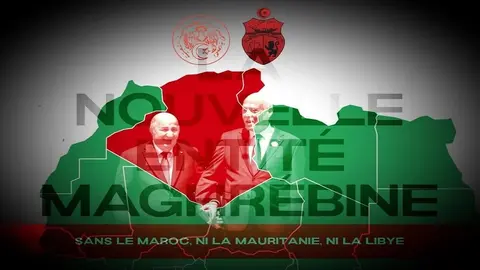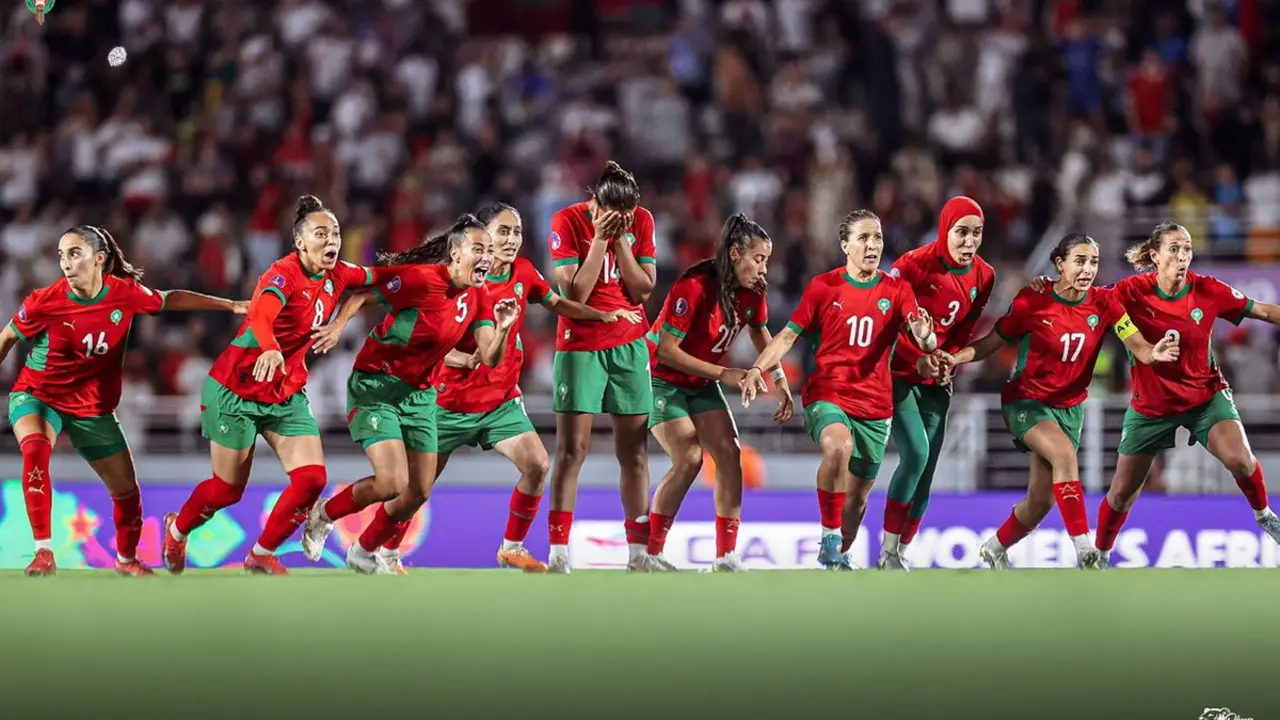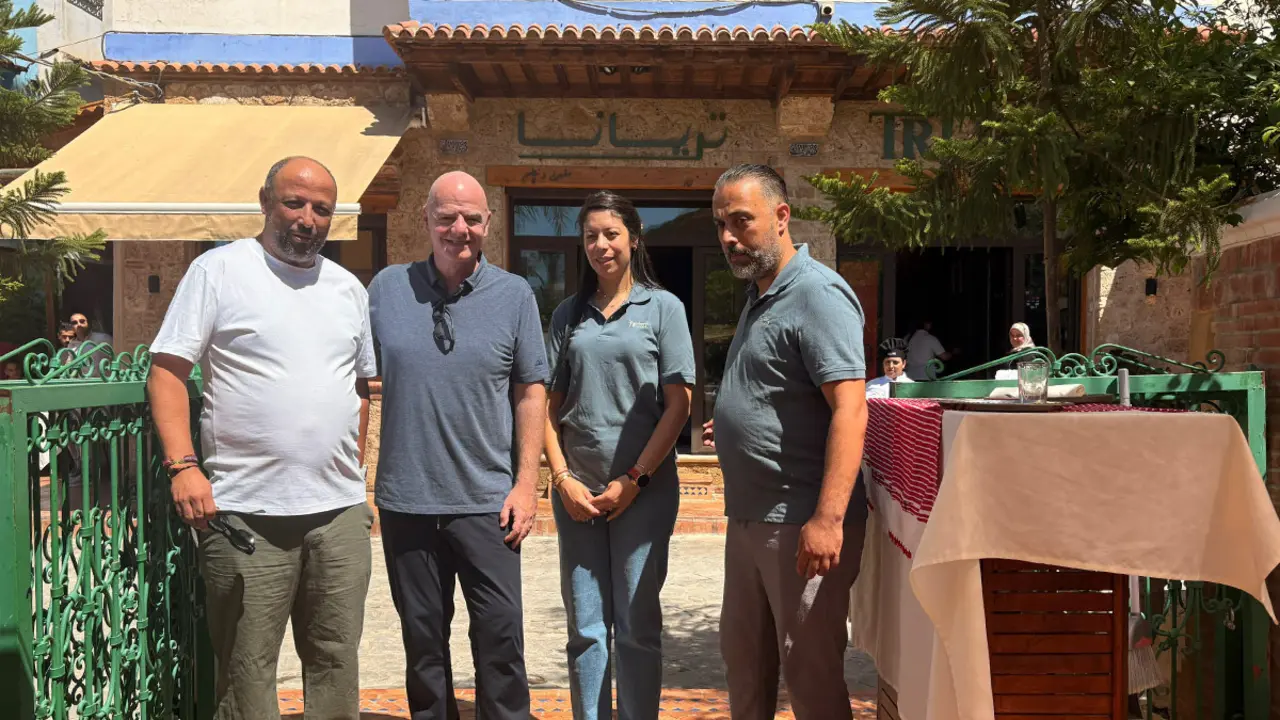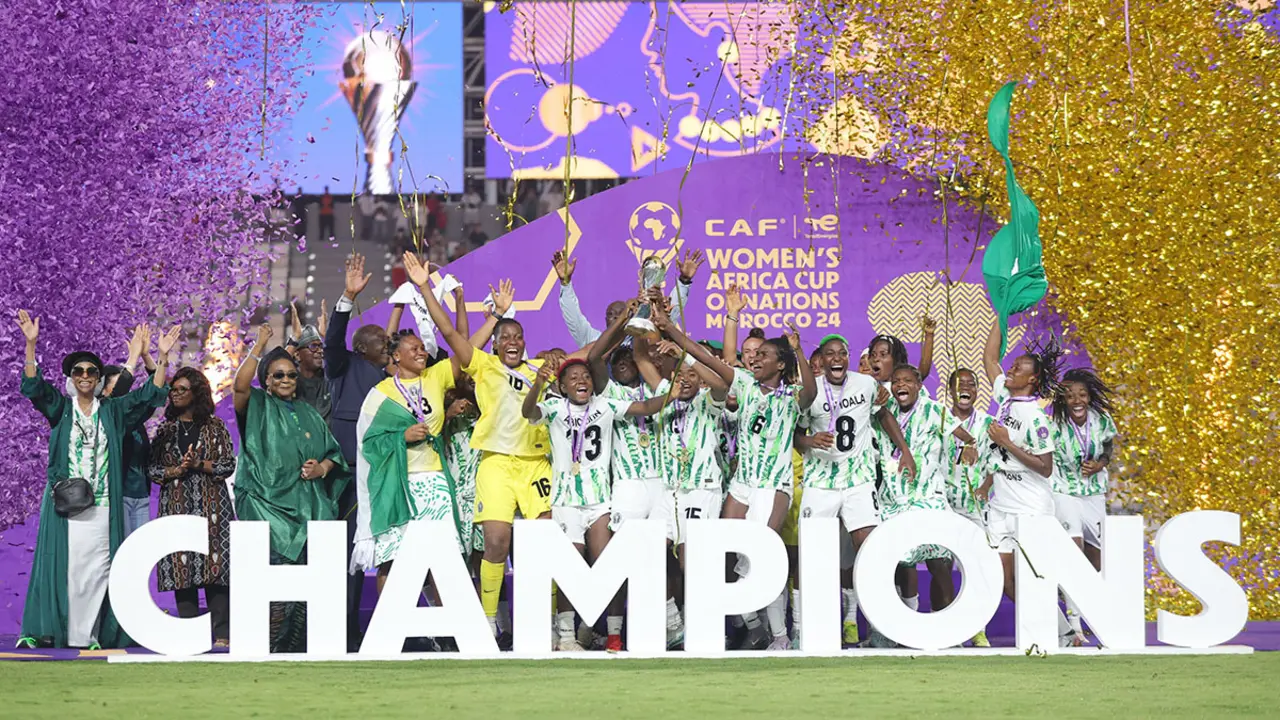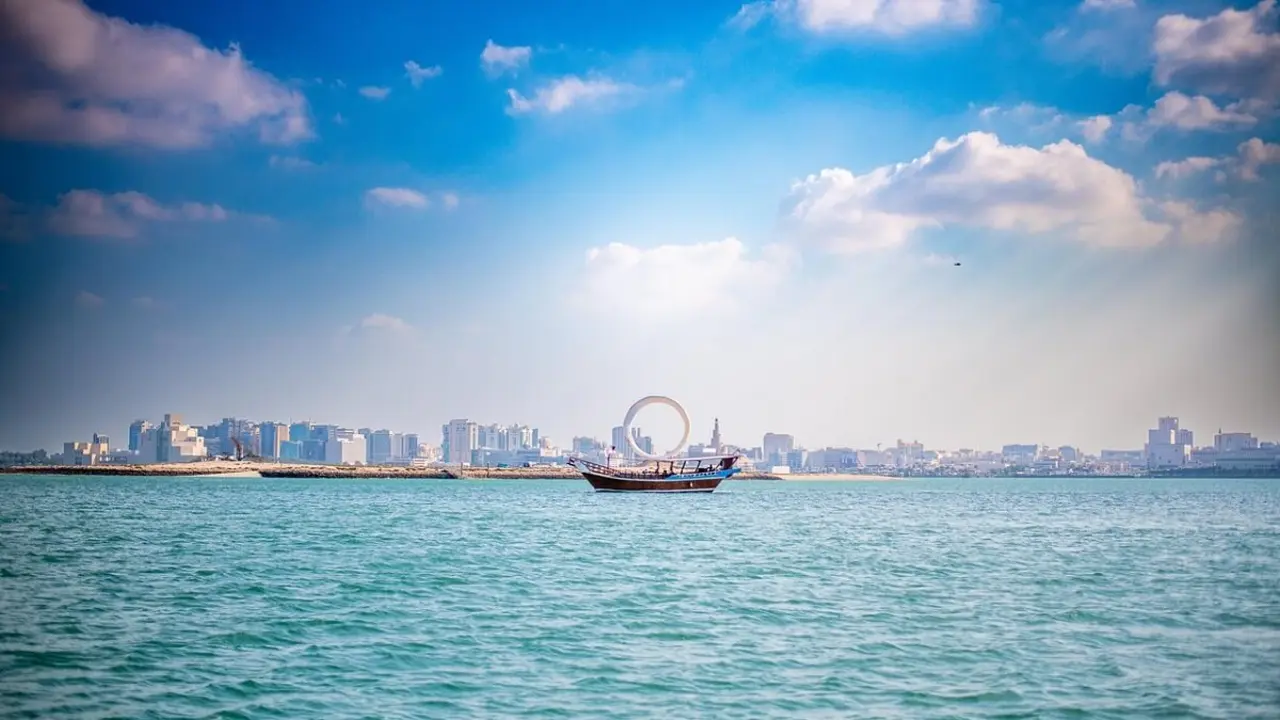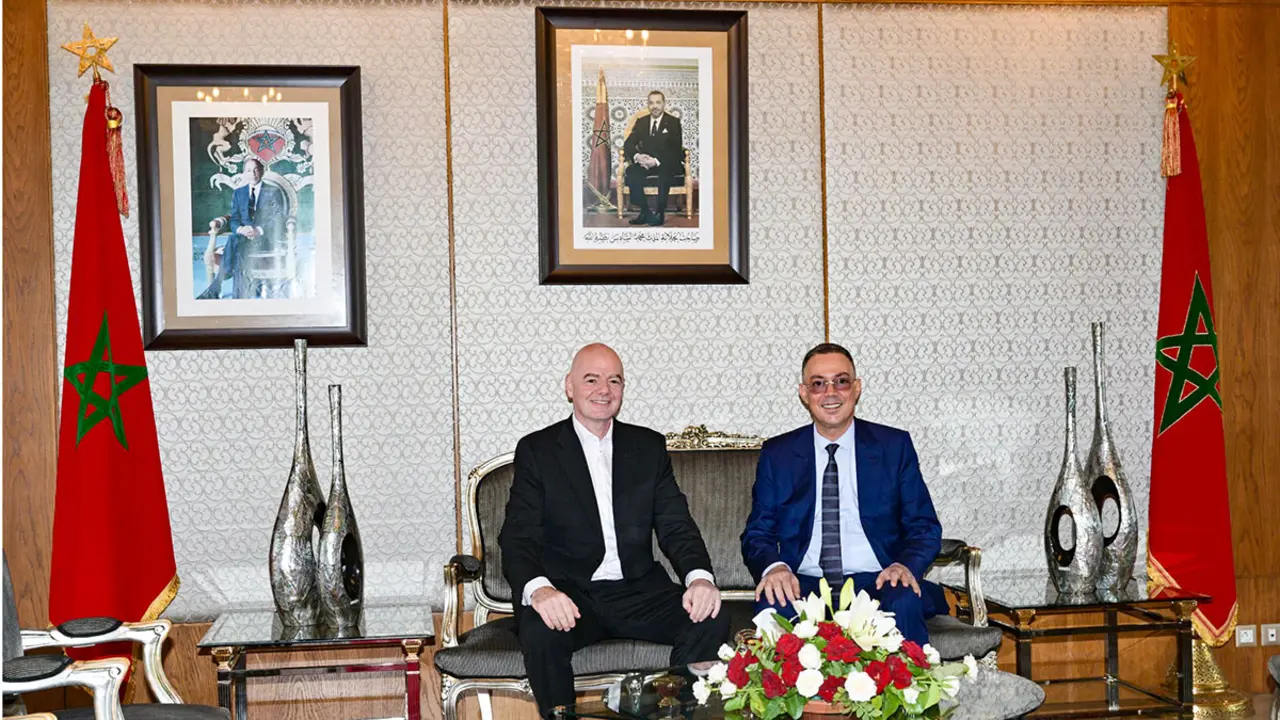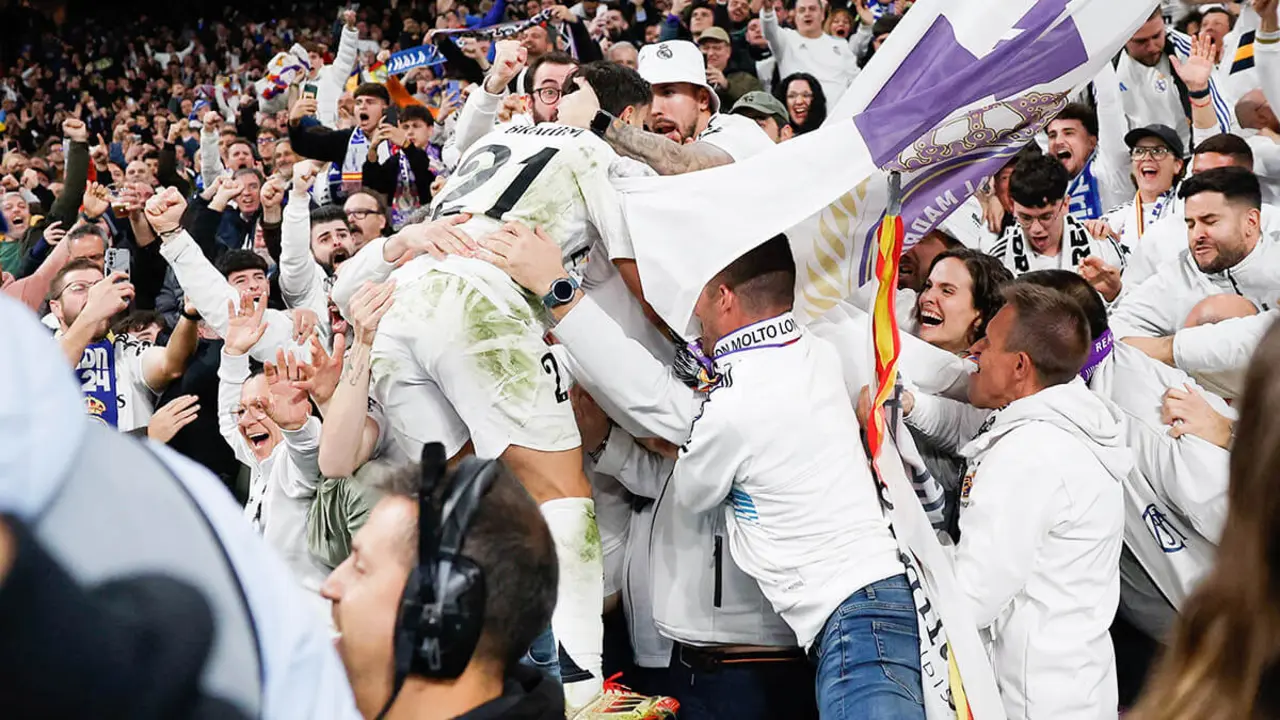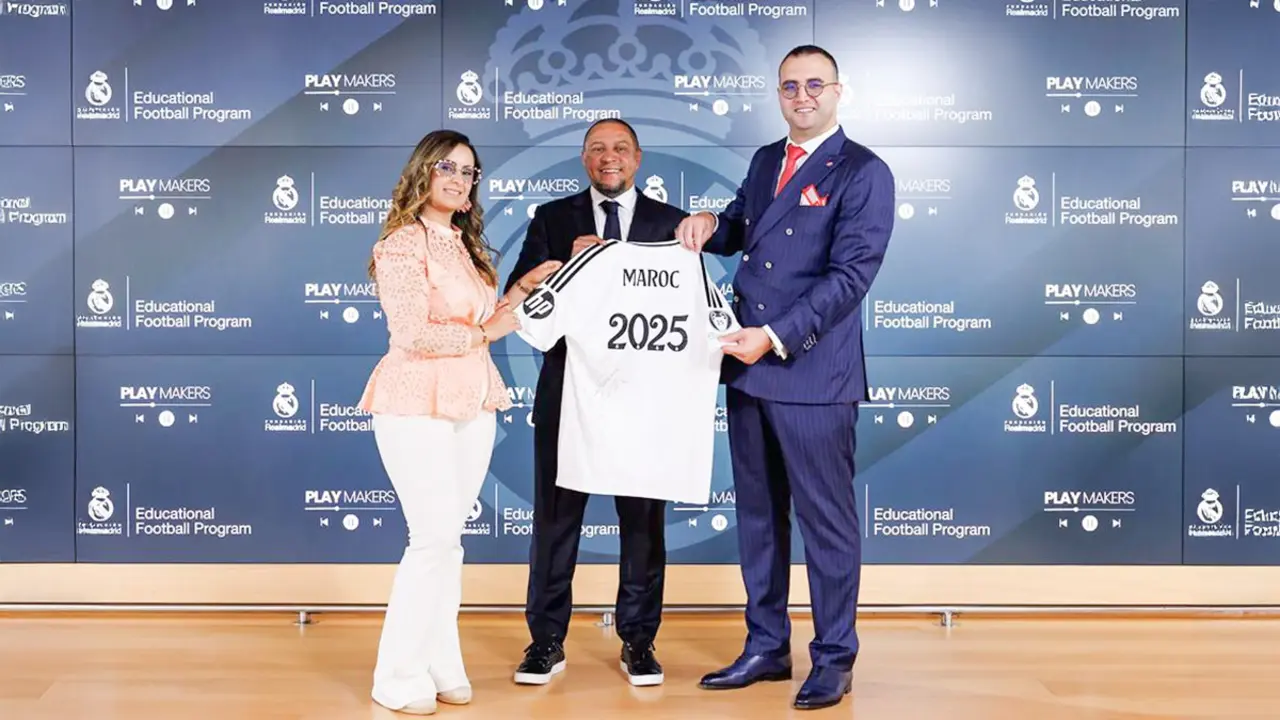Morocco and its historic support for Algeria's National Liberation Front football team
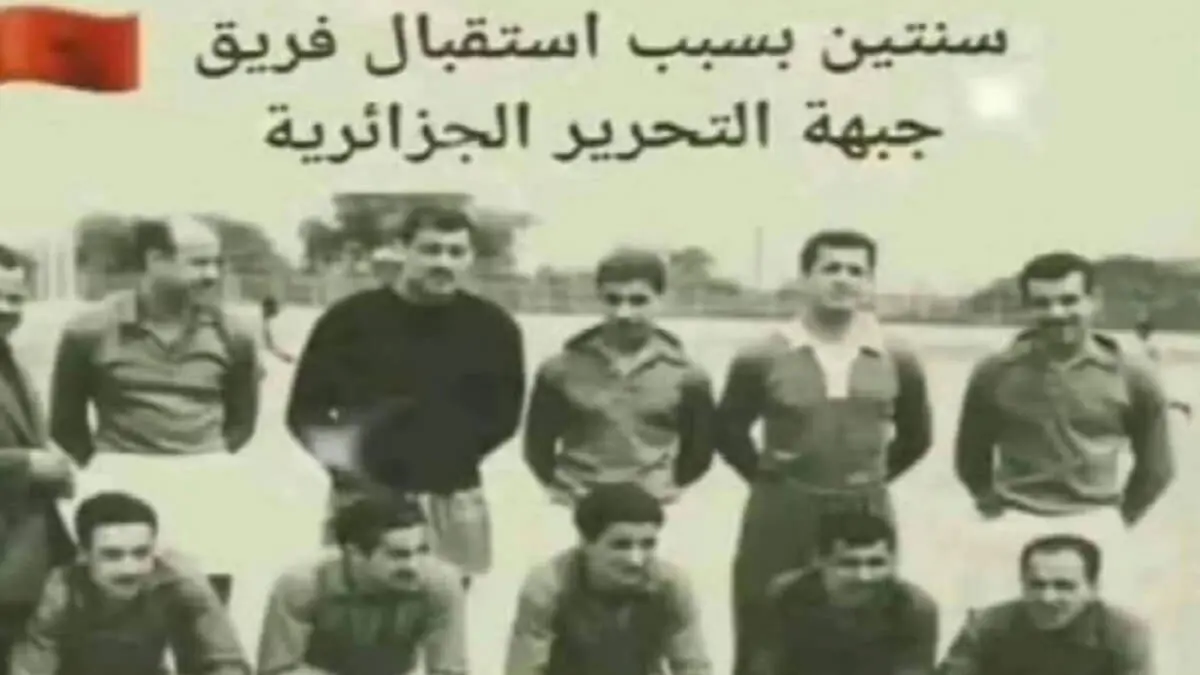
There were times in the past when Morocco fully defended Algeria, its neighbour and now political rival in the Maghreb region.
During the past colonial era, led by France, the dominant metropolis in the region at that time, Morocco undoubtedly supported Algeria in its political and even pro-independence aspirations.
The Moroccan kingdom came to apply this stance in many areas, including sport. Morocco even defied France and the Fédération Internationale de Football Association (FIFA), the highest governing body of world football, when it hosted the Algerian National Liberation Front (FLN) team in 1958.

Morocco was sanctioned at the time and gladly accepted the sanctions it received as it was an important support for the Algerian political revolution at a time when it was difficult to stand up to a power like France and international bodies.
The recent controversy over the football match between the Berkane Renaissance team and USM Alger in the Confederation of African Football (CAF) Cup once again brought to the fore the festering relations between the two neighbouring countries. Despite the hand extended on several occasions by the King of Morocco, Mohammed VI, for closer relations between the two countries, Algeria's stubbornness remains due to its great political distances from its Maghreb neighbour.
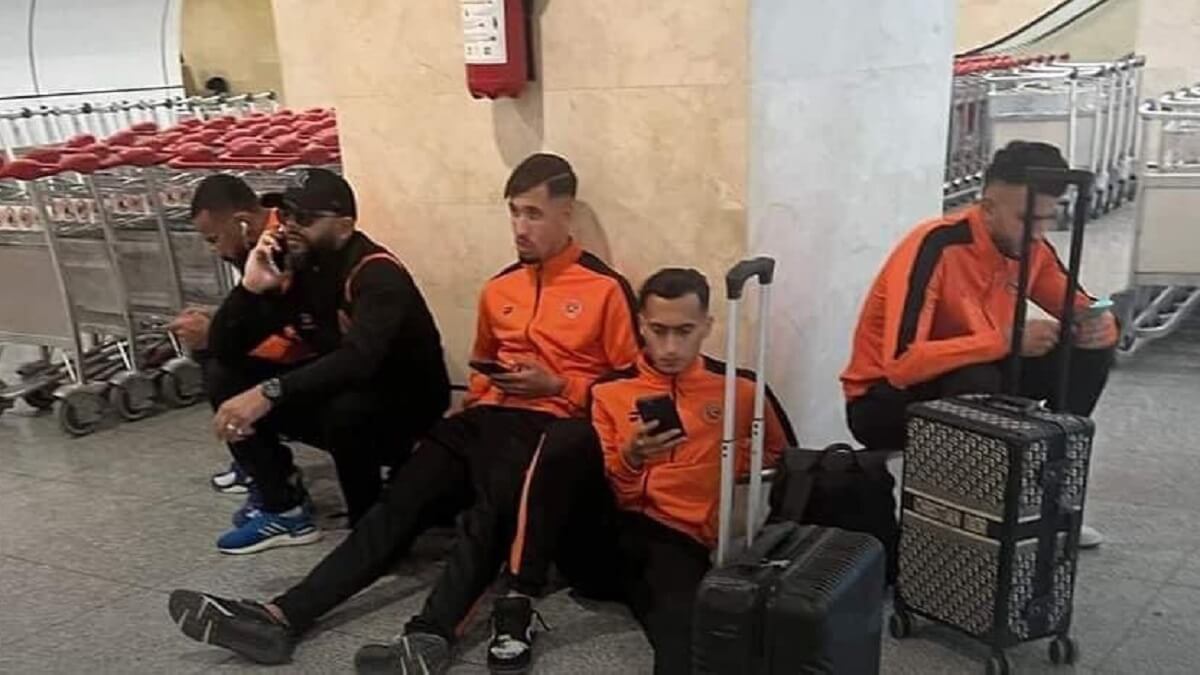
Algeria broke off diplomatic relations with Morocco in August 2021, due to many disagreements, especially those related to the sovereignty of Western Sahara. The Moroccan kingdom proposes a broad autonomy for the territory under its own sovereignty, respecting the resolutions of the United Nations (UN), with the aim of developing the area to the maximum in all areas; an initiative that enjoys the support of major international powers such as the United States, Israel, the United Arab Emirates, Germany and Spain. On the other hand, the Polisario Front, which advocates holding a referendum on independence for the Sahrawi people, has less international backing than the Moroccan proposal, although it does have the support of Algeria in this case.
In the latest episode surrounding the match between Renaissance Berkane and USM Alger last April, everything went smoothly. On arrival at Algiers' Houari Boumediene international airport, the Moroccan delegation, which had flown directly from Oujda on a special flight, was warmly welcomed by USM Alger representatives, but just as the players had boarded the bus that was to take them to their assigned hotel, they were asked to return to the airport for a thorough search of their luggage. The purpose of the search was none other than to confiscate the T-shirts bearing the Moroccan emblem in the form of a map of the Moroccan kingdom that includes the so-called southern provinces of Western Sahara. The Moroccan delegation refused to leave the airport without recovering their belongings.
It took until the last minute for the Moroccan team to finally settle into their hotel after receiving assurances from the CAF that their equipment would be returned to them and that they would wear their shirts in accordance with Confederation of African Football rules. Despite Algerian reluctance to allow the Moroccans to play in a jersey bearing a complete geographical map of the Moroccan kingdom.

All this contrasts with earlier times when Morocco supported Algeria in the face of its revolution and desire for emancipation from the French metropolis. In 1958, FIFA punished the Moroccan national team and suspended it for a year for playing a match against the Algerian National Liberation Front team before independence, which prevented the Moroccans from participating in the Africa Cup of Nations for the first time.
After the creation of the Algerian National Liberation Front football team, the Algerian national party that took power after decolonisation, Morocco decided to organise its first football match, although the football laws of the time did not recognise the Algerian team.
In 1957, the FLN decided to establish affiliated organisations, including an Algerian national football team that would contribute to the Algerian revolution and independence.
In addition, in April, the French were surprised by the flight of Rachid Makhloufi, top scorer of the French team Saint-Étienne, Mustapha Zitouni, Monaco defender, Mohamed Maouche, Reims striker, Said Brahimi of Toulouse, Abdelhamid Kermali of Lyon and Abdelaziz Ben Tayfour, Monaco striker, along with 30 Algerian professionals from the French first division, and they all headed to Tunis, where the headquarters of the Algerian interim government was located. The idea of forming a team to represent Algeria internationally and support their cause worldwide was accepted.
This was denounced by France, which was losing these players for its national competition, and FIFA decided to act. Morocco did not hesitate and supported its Maghreb neighbour, which now contrasts with the political opposition that the Algerian regime maintains with its Moroccan neighbour, despite the repeated signs of rapprochement made by the monarch Mohammed VI, who has been reaching out in recent years to strengthen relations and redirect the relationship between the two countries.

The FLN team was featured in the international media and the French Football Federation filed a complaint to prevent the Algerian players from playing for any team, and to prevent the FLN from participating in any international tournament, which is what happened, as FIFA threatened all countries that received the Algerian Liberation Front team, but this threat did not prevent Morocco from receiving the rebel team.
After the Algerian players gathered in Tunisia to play in a tournament, a Maghreb tournament was organised with the presence of Tunisia itself, Morocco, Libya and the FLN team. This was denounced to FIFA.
During the reign of the late King Mohammed VI's grandfather, the late King Mohammed V, Morocco was instrumental in supporting Algeria's independence by virtue of its geographical location. Although Morocco knew the negative results of its decision to support the FLN with a two-year ban for two years, the Moroccan kingdom insisted on it, as history remembers the famous phrase of the late Mohamed V when he said: "Even if the penalty is four years, our team will play this match for Algeria", according to Moncef Yazighi, a member of the Moroccan Centre for Studies and Research in the Field of Sport, as recalled by Al-Arab media.
It should be noted that Morocco has been committed to helping the Algerian revolution since its outbreak in 1954 without limits or conditions, providing material support and weapons, and political backing in all areas, including sport

